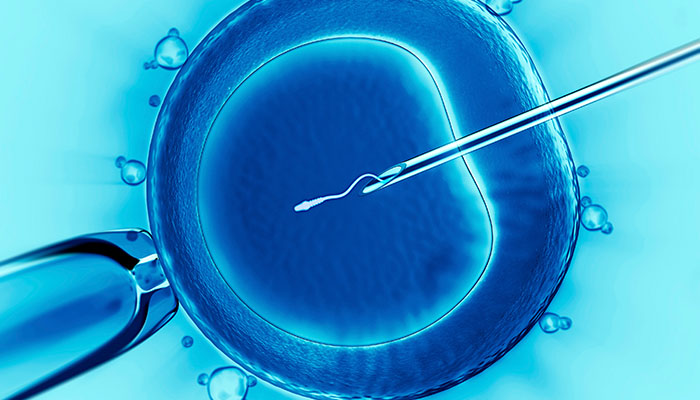
ICSI Treatment in Ahmedabad
In the realm of fertility treatments, one procedure is a ray of hope for couples facing challenges in conception: Intracytoplasmic Sperm Injection (ICSI). In the intricate dance of assisted reproductive technology, ICSI has emerged as a revolutionary technique, offering new pathways to parenthood for those grappling with infertility. ICSI is an advanced assisted reproductive technology used to treat male infertility. In this procedure, as we perform at our IVF Hospital in Ahmedabad, a single healthy sperm is directly injected into a mature egg to facilitate fertilisation. ICSI is particularly beneficial for couples facing challenges such as low sperm count, poor sperm motility, or abnormal sperm morphology. This precise fertilisation technique enhances the chances of successful conception, making it a key component of many fertility treatment plans, including in vitro fertilisation (IVF). At Shachi Women's Hospital, we offer ICSI Treatment in Ahmedabad, providing hope and support to couples on their journey to parenthood.
ICSI Treatment Procedure
Embark on your transformative journey to parenthood with Shachi Women's Hospital, where our comprehensive ICSI Treatment Procedure offers hope and guidance every step of the way. Here is a breakdown of the procedure done at ICSI Treatment in Ahmedabad:
ICSI Treatment Cost in Ahmedabad
The estimated one cycle of ICSI Treatment Cost in Ahmedabad typically ranges from Rs. 1,30,000 to Rs. 1,50,000. ICSI Treatment Costs can vary depending on several factors, including the specific protocols used, additional procedures or medications, and individual patient requirements. At Shachi Women's Hospital, we believe in transparent pricing and strive to make fertility treatments accessible to everyone.
At Shachi Women's Hospital, we understand the importance of transparency and accessibility in fertility treatments. That is why we offer competitive pricing for ICSI Treatment in Ahmedabad, ensuring that individuals and couples can pursue their parenthood dreams with confidence and a relaxed mind.
Who needs ICSI Treatment?
ICSI serves as a crucial intervention for individuals grappling with male infertility. Specifically, ICSI is recommended by healthcare providers under various circumstances:
Benefits of ICSI Treatment
Intracytoplasmic sperm injection (ICSI) is a powerful tool, offering significant benefits for couples struggling with infertility. Here are some key advantages of having ICSI Treatment:
The Success Rate of ICSI Treatment
The success rate of Intracytoplasmic Sperm Injection (ICSI) typically falls within the range of 70% to 85% across various clinics and medical settings, indicating its effectiveness in facilitating fertilisation. However, it's important to note that success rates can vary depending on individual factors such as age, health conditions, and treatment responses. At Shachi Women's Hospital, we aim to achieve high success rates by providing tailored care and utilising advanced techniques for those seeking Intracytoplasmic Sperm Injection in Ahmedabad. We also prioritise giving support and understanding throughout each unique fertility journey.
Why choose Shachi Women's Hospital for ICSI Treatment?
Choosing Shachi Women's Hospital for your fertility needs means entrusting your journey to parenthood to a team dedicated to excellence, compassion, and personalised care. We leverage advanced technologies and state-of-the-art facilities to deliver superior outcomes in ICSI Fertility Treatment. We prioritise your well-being and strive to make your fertility journey as smooth and successful as possible. At Shachi Women's Hospital, couples receiving Treatment for Intracytoplasmic Sperm Injection in Ahmedabad have the advantage of consulting with the finest ICSI Treatment Centre, ensuring they receive exceptional care that meets the highest standards.


